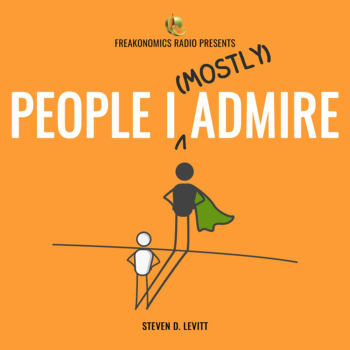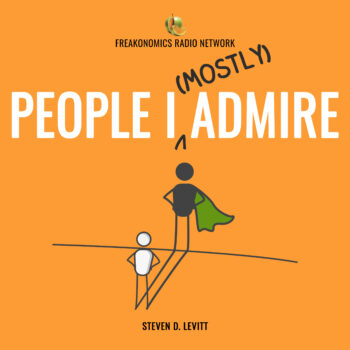More Sex Please, We’re Economists: A Q&A With Steve Landsburg
Steven Landsburg is not known for having temperate opinions. An economics professor at the University of Rochester and a prolific writer, Landsburg regularly raises provocative theories in his Slate column:…



